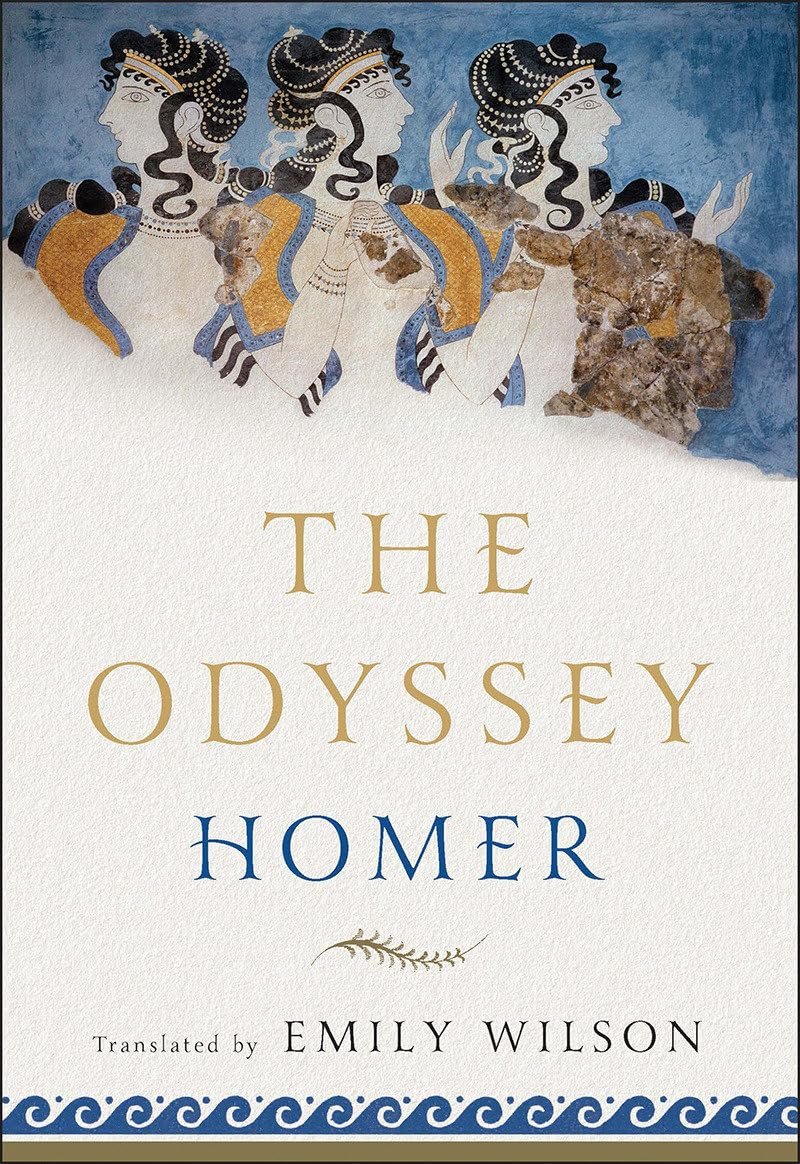A Journey Home: Reflecting on Emily Wilson’s Translation of The Odyssey
When I first picked up Emily Wilson’s translation of The Odyssey, I expected a classic yet somewhat dusty read. I had encountered Homer’s epic several times in high school and college, but it always felt cloistered in antiquity—a collection of polished phrases that, while grand, seemed distant and inaccessible. Then came Wilson, the first woman to translate The Odyssey into English, and suddenly, a three-thousand-year-old tale felt remarkably fresh and deeply relevant.
Wilson’s translation is a masterclass in balance—she deftly captures the lush beauty of Homer’s original while presenting it in a language that flows like the swift currents of the sea. Wilson writes in iambic pentameter, maintaining the epic’s lyrical pace while evoking the immediacy of Odysseus’s trials. This choice allows the reader to feel the ebb and flow of the narrative as they traverse the unpredictable waters alongside Odysseus.
At its core, The Odyssey explores the complexities of homecoming, identity, and the human condition. It intertwines themes of longing and resilience, showcasing Odysseus as a multifaceted hero—both cunning and vulnerable. Wilson renders him not as a mythic figure but as an intricate human being caught between duty and desire. One of the most poignant moments occurs when Odysseus finally reunites with his wife, Penelope. It’s a tender reminder that home is not merely a destination but a web of relationships that shape us.
What struck me most was the way Wilson sheds light on minor characters—those often sidelined in traditional narratives. The perspectives of women, like Penelope and Circe, are given substantial weight, reflecting their strength and agency. This modern lens not only honors Homer’s original intent but also invites us to reconsider what power looks like in a patriarchal narrative.
A standout line for me was when Wilson translates Odysseus’ longing as something that “burns inside him.” It’s a vivid reminder that longing is as much a part of the human experience now as it was in ancient times. I found many moments in the text that resonated with contemporary struggles, bridging the ancient and modern worlds.
Wilson’s introduction is equally compelling, providing invaluable context about the Bronze Age milieu and insights into the translation process. It offers a gateway for those new to Homer, unraveling layers of complexity that make the epic universally relatable. Her extensive notes and maps serve as guides for eager readers navigating this ancient landscape, enriching the overall experience.
Ultimately, Emily Wilson’s The Odyssey is not just a translation; it’s a reimagining that breathes new life into an old tale. I wholeheartedly recommend it to anyone—from seasoned Homer aficionados to those seeking an entry point into classic literature. This book is a treasure, reminding us that the quest for home and self-discovery is timeless.
For me, reading Wilson’s Odyssey was not merely a literary endeavor but a personal journey—one that echoed the universal yearning for belonging. It’s a reminder that every story, no matter how ancient, holds the power to resonate across generations. So if you’re ready to sail into a world of adventure, betrayal, and redemption, grab a copy of this remarkable translation. You might just find a new way to understand what it means to return home.
You can find The Odyssey here >>







